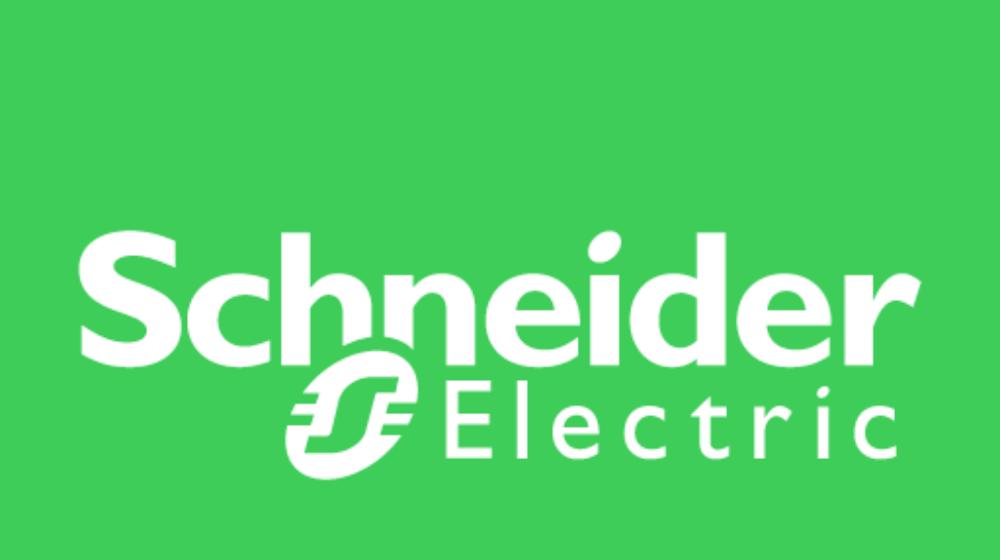Managing Director, Anglophone West Africa, Christophe Begat states that although Nigeria has the potential to generate 12,522MW of electricity from its existing plants, it is currently unable to dispatch beyond 4,000MW — which constitutes a short supply. This gap he associates to significant waste and inefficient processes that have gone unchecked for a long time. According to Begat, thermal processes account for 78% of the total electricity production. As a result, Schneider Electric sees a pressing need to factor in priorities such as accessibility, reliability, and affordability, and most importantly - sustainability, following the company’s new electrification strategy for Nigeria.
Schneider Electric estimates the share of electricity in the global energy mix to grow from 6% today to at least 40% by 2040. However, the energy company says it’s focus is not only on higher electrification but also on the means of electricity production — which is currently dominated by energy- and carbon-intensive thermal plants.
To this end, Schneider Electric is re-imagining the sustainability of electricity through a revolutionary solution it has phrased “Electricity 4.0”. Electricity 4.0 entails two primary tasks - Renewables adoption and digitalization. According to Schneider Electric, Electricity 4.0 posits a more-electric, more-digital world that gives more and wastes less. From renewables-led production to fully digitalized electric grids for reliable dispatchability, Electricity 4.0 represents a step change from conventional electricity — one that requires all stakeholders to move from conventional ways toward a sustainable shift.
Globally, there is a visible shift toward renewables. Schneider Electric estimates the contribution of renewable sources, such as solar and hydro, to electricity production to increase six folds by 2040. For instance, systemic strengths such as hydropower, currently accounts for about 22% of Nigeria’s electricity production – an opportunity which must be harnessed at scale. It therefore recommends that Nigeria, and the larger West Africa, must be aligned with this energy transition.
Sustainability experts suggest that if renewables contribution is scaled to 50% by 2030, the resulting electricity could be at least 10% cheaper compared to the one produced by thermal plants. This will invariably complement affordability.
Begat proposes that existing systems must be digitalized through IoT and analytics solutions/retrofits, which can provide insights pertaining to inefficiencies, excessive energy usage, and faulty equipment.
Following a few case studies with Schneider Electric’s EcoStruxure — an IoT-led, plug-and-play, open, interoperable architecture platform — Schneider Electric reports that it registered up to 80% reduction in engineering costs and time, up to 75% reduction in maintenance costs, and up to 50% reduction in carbon footprint, on average, across sectors. By acting on insights, the Managing Director argues that practitioners can unlock savings in energy and maintenance costs and reduce carbon emissions, which have strong implications for affordability and sustainability. The nuanced, data-driven understanding can further open opportunities to add renewables to the mix and rationalize the adoption of IoT sensors and smart devices across the electricity value chain.
He also identified the role of initiatives such as the Nigeria Electrification Project (aimed at providing access to remote areas) and the West African Power Pool (grid interconnection for balanced energy security), as key initiatives that can drive accessibility and reliability. Consequently, the digitalization of grids has a direct bearing on reliable “dispatchability” to remote, rural areas, making digital grids, a compelling case for incorporation.
Ultimately, Schneider Electric advocates for multi-stakeholder participation and political will to sustain the momentum towards 100% electrification in Nigeria, being confident that this has the potential to lead to sustainable socio-economic development.



